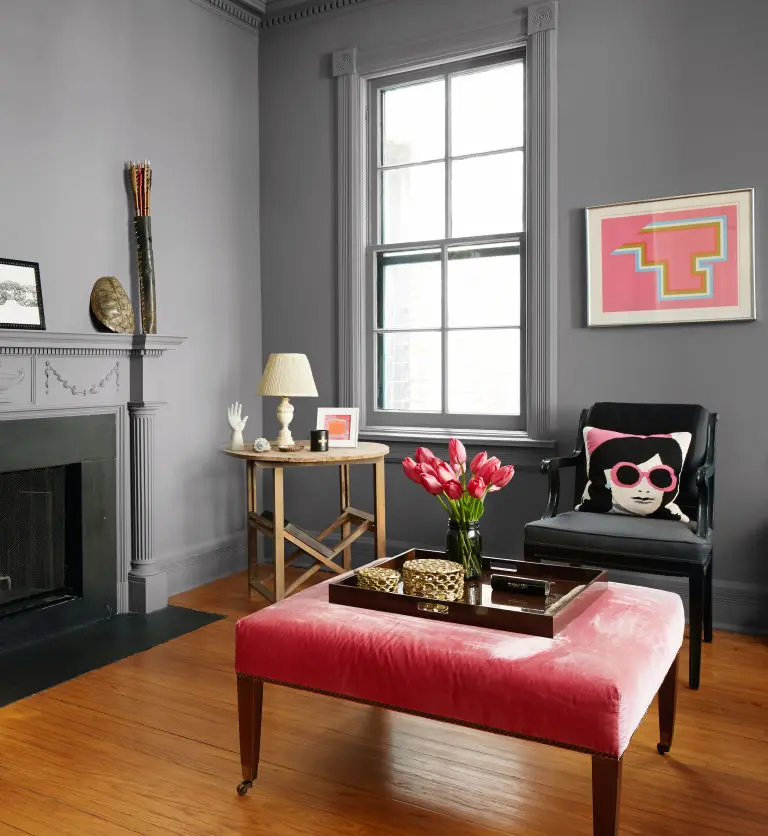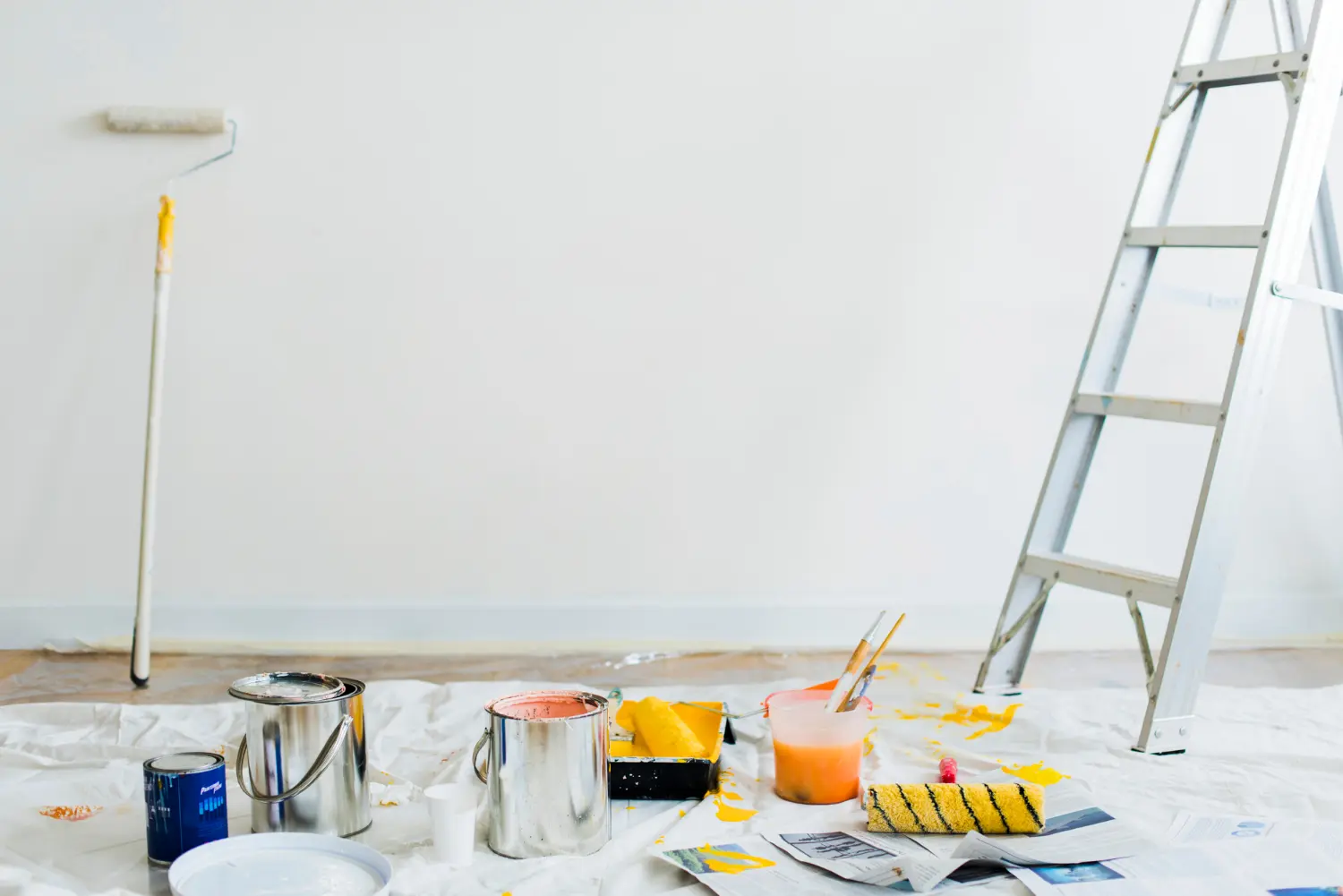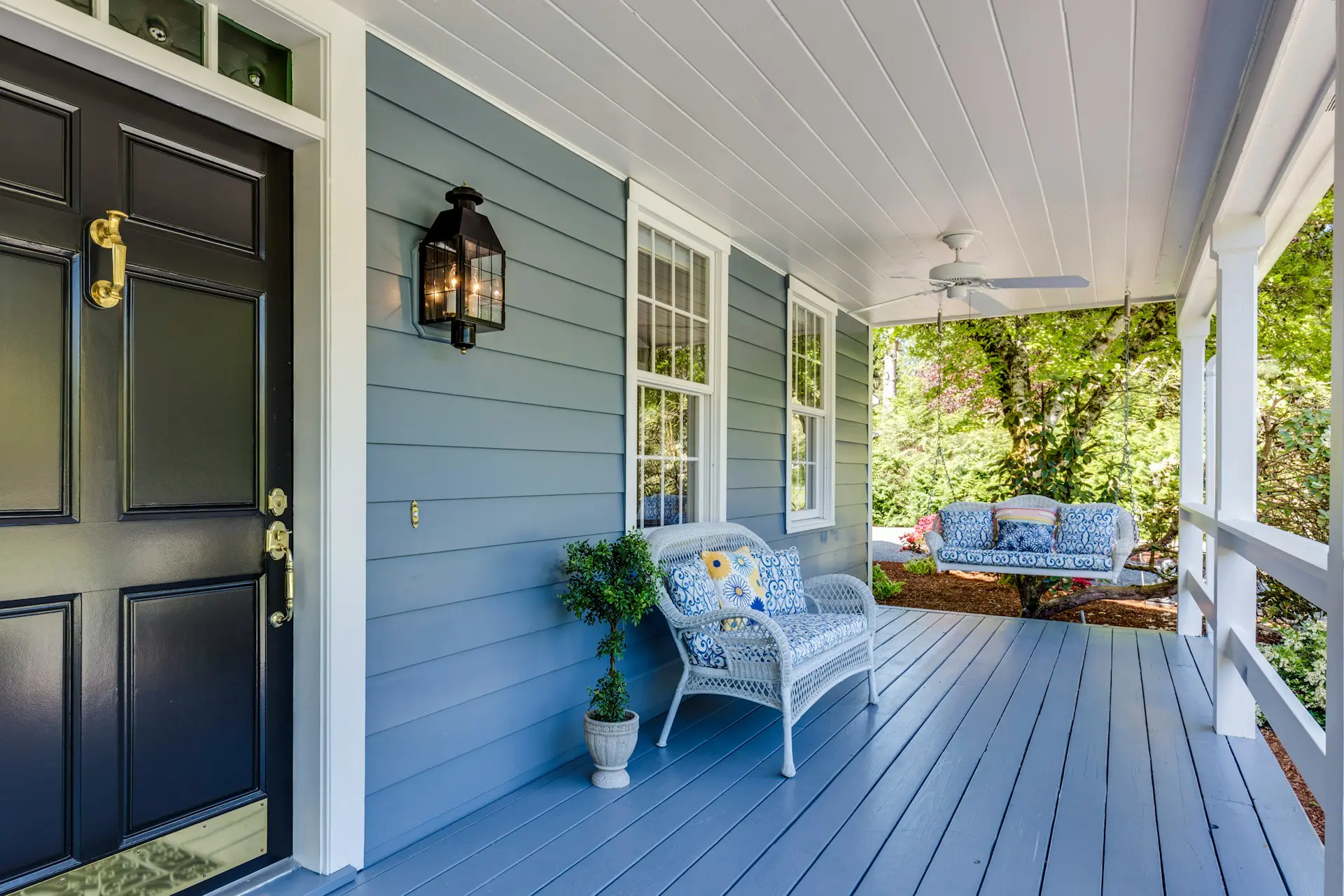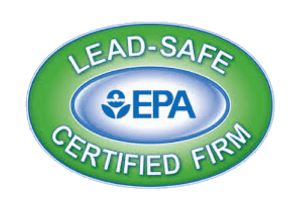How to Save Money on Paint for Your Home

Interior painting can quickly become expensive. Particularly if you decide to go for the kinds of premium quality paints that deliver outstanding coverage, impeccable looks and a finish that lasts. Which is precisely why so many homeowners search high and low for ways and means to cut corners, in order to cut costs at the same time.
Unfortunately, cutting corners on quality often means compromising the final result. Which in turn means the prospect of premature touch-ups, or perhaps complete re-dos. All of which adds up to the kinds of savings that can actually prove rather costly!

Still, there are countless ways and means by which savings can be made, without necessarily compromising the quality of the finish. So if you’d like a few tips and tricks from the pros on how to save money on paint for your home, here’s a list of 10 of our favorites to get you started:
1. Don’t Buy Too Much
Be honest – how many times have you meticulously calculated exactly how much paint you need to cover your interior walls? If you’re anything like the other 99% of DIY types out there, the answer is probably…never! And that’s precisely why you always end up with more paint than you need, resulting in wasted paint and wasted money.2.
2. Free Paint?
In some instances, those looking to do the noble thing with their leftover paint decide to give it away, instead of simply throwing it away. Bulletin boards, online listings, local classifieds and so on – both businesses and everyday homeowners alike sometimes hand out their leftover paint free of charge. Always worth checking out – particularly if you only need a relatively small amount of paint.
3. Free Samples
Cheeky it may be, but whoever said cheeky was a bad thing? Most hardware stores these days are more than happy to hand out tiny free sample pots, under the assumption that you’ll probably go ahead and buy bigger ones at a later stage.
However, if you’re or simply looking to tackle a tiny project or touch-up an existing paint job, these mini-tins and samples are often more than big enough to get the job done.
4. Mixing Errors
You may also find that some hardware stores have a section dedicated to paints produced entirely by accident. Typically the result of attempts to mix certain colors, which somewhere along the line went a bit wrong. Not always easy to come across, but when you do, you could be looking at the highest-quality paint on the market for absolute giveaway prices. That is, just as long as you’re content with the color.
5. Thrifty Extras
When it comes to drop cloths, protective clothing and the various other bits and pieces you’ll need, why not head to a local thrift shop? From vinyl tablecloths to $2 pants to gloves to boots and so on, it can often work out so much cheaper than buying standard protective extras.
6. Quality Primer
If you want to save money on paint, it’s important to ensure you don’t cut corners on primer. The reason being that while outstanding primer may not be cheap in its own right, you could save a fortune by not having to apply nearly as many layers of the subsequent paint you use. Particularly useful if intending to paint potentially problematic surfaces with highly expensive paint.
7. Keep Those Coupons
Every time you come across a coupon for a discount on paint, hold onto it. Even if you don’t need it now, you might soon enough. Likewise, don’t make any big purchases before first going online and seeing if there are any printable coupons currently available.
8. Online Deals and Discounts
Speaking of which, many manufacturers and retailers often throw out the kinds of deals and discounts online that are unavailable anywhere else. Especially when looking to get rid of old lines and surplus stock that simply isn’t going anywhere. As such, it’s always worth spending at least a few minutes online, before heading out and purchasing paint from a hardware store.
9. Surface Preparation
Fail to adequately prepare the surfaces and you could be looking at an incredibly long, frustrating and expensive battle. Just as is the case with primer, proper surface preparation will make it so much easier to get the maximum value for money from every drop of paint you purchase.
10. Ask the Experts
Last but not least, always remember that it’s worth consulting the experts and obtaining a free quotation, before going ahead with any DIY paint job. The reason being that depending on what you need, when you need it and what kind of equipment you already have access to, it could work out cheaper to have the experts come and tackle the job on your behalf.
For more information on anything to do with interior painting or to arrange an obligation-free quotation, get in touch with a member of the Homm CPS customer service team today.










